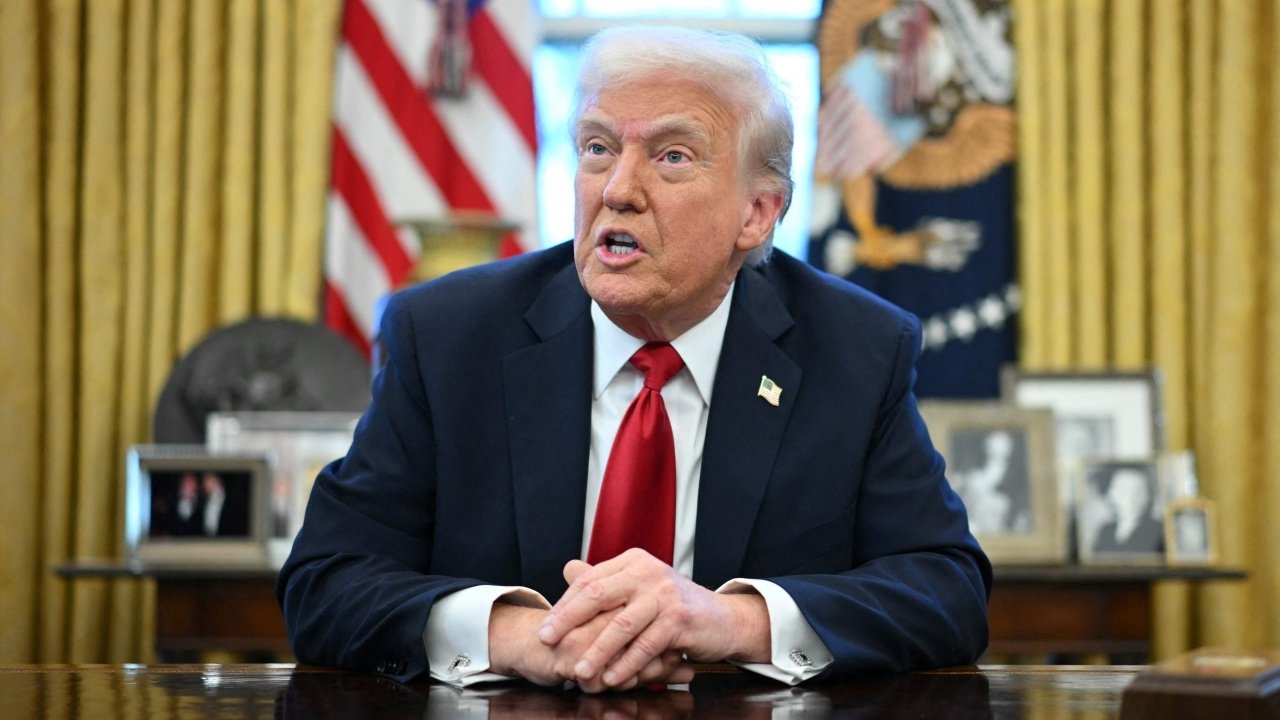The US auto industry is bracing for a significant blow. President Donald Trump announced plans to impose a 25% tariff on imported cars, escalating the global trade war. This move is expected to increase car prices and impact production.
Trump views the tariffs as a way to boost revenue and revive the struggling US manufacturing sector. The tariffs will take effect on April 2, the same day he plans to announce retaliatory measures against 15 countries, including Thailand, that have contributed to the US trade deficit.
The new tariffs will apply to cars and small trucks, but initially, auto parts that comply with the US-Mexico-Canada Agreement (USMCA) will be exempt. However, the US Commerce Department and Customs and Border Protection (CBP) may review and change this exemption in the future.
In 2024, the US imported $474 billion worth of auto products, including $220 billion worth of passenger cars. The largest exporters of cars to the US are Mexico, Japan, South Korea, Canada, and Germany, all of which are close US allies. Trump will give a one-month grace period for the importation of auto parts before the new tariffs take full effect.
Market Reaction
The announcement sent shockwaves through the stock market. Shares of Pizza Hut’s parent company, Yum Brands, and other US-listed automakers fell sharply as investors worried about the potential impact on the global auto industry.
The S&P 500 index fell 1.1% before Trump’s announcement and has lost over 4% in March, its worst monthly performance in nearly a year. The S&P 500 futures also fell 0.4% on Wednesday evening, indicating a weak market opening on Thursday.
Industry Impact
The tariffs are expected to increase car prices in the US by several thousand dollars, potentially leading to lower new car sales and job losses in the industry. The US auto industry relies heavily on imported parts, making it vulnerable to the tariffs.
Jennifer Safavian, president and CEO of Autos Drive America, a trade group representing foreign automakers, stated that the tariffs would increase production costs, limit consumer choices, and lead to job losses in the US manufacturing sector.
International Reaction
The EU and Canadian Prime Minister Mark Carney have strongly criticized Trump’s decision, calling it a direct attack on Canadian workers. European Commission President Ursula von der Leyen expressed disappointment and concern over the US decision to impose tariffs on EU cars.
Sources: Channel News Asia, US Commerce Department, Autos Drive America.

